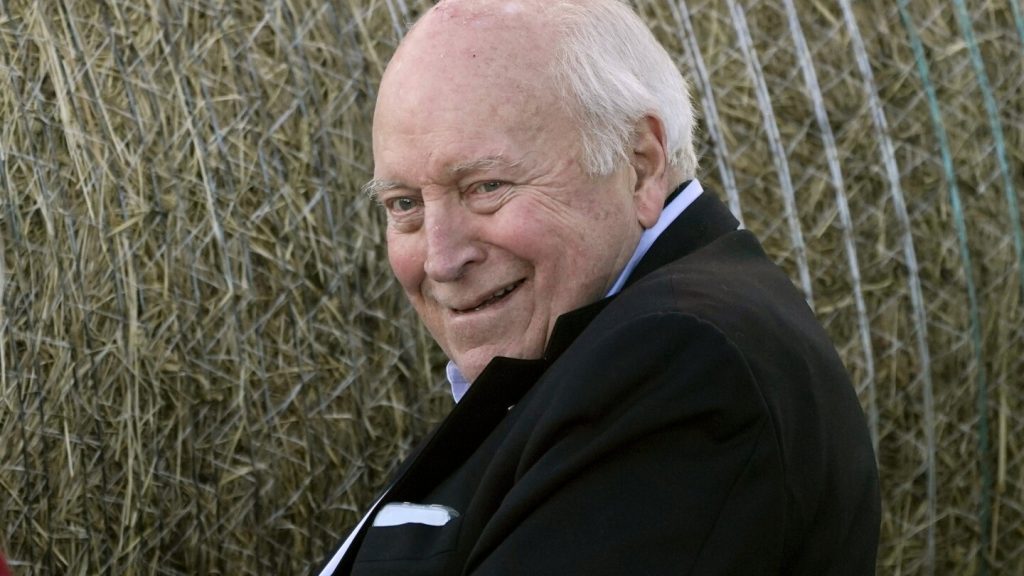In a surprising turn of events, two prominent Republicans, Dick Cheney and Alberto Gonzales, have endorsed Democrat Kamala Harris for the White House, in a move that highlights the evolution of the Republican Party’s establishment wing. Cheney, who was once vilified by Democrats for his defense of the Iraq War, and Gonzales, whose tenure in George W. Bush’s administration was marred by controversy, are breaking ranks with their party to oppose Republican Donald Trump. This shift reflects the deep concern among some Republicans about the prospect of Trump returning to power and the changes he has brought to the party.
The endorsements from Cheney and Gonzales have given Harris a critical opportunity to broaden her base of support, even if they do not necessarily align with her policy positions. Harris, who has welcomed over 200 Republican endorsements, is emphasizing unity and values like democracy and the rule of law in her campaign. The support from Republicans like former Georgia Lt. Gov. Geoff Duncan could potentially sway other Republicans who are critical of Trump to vote for Harris instead of sitting out the election. However, the influence of these Republicans within the party remains uncertain, given the divisions and raw emotions that still exist.
Cheney, who served in multiple Republican administrations and faced criticism from both Democrats and Republicans alike, is now in the unusual position of supporting a Democratic candidate. His endorsement of Harris comes at a time when the Republican Party is deeply divided over issues like Trump’s leadership and the direction of the party. Cheney’s involvement in controversial decisions during his time in office, such as the Iraq War and involvement with Halliburton, have made him a polarizing figure, with some questioning his motives in endorsing Harris.
The ideological split within the Republican Party has been evident for years, with Trump’s 2016 campaign challenging the old-guard GOP base and pushing for a new direction. Cheney’s public criticisms of Trump’s foreign policy and the events surrounding the Jan. 6 riot at the Capitol have further highlighted the divisions within the party. The support for Harris from Cheney and Gonzales, who have themselves faced scrutiny and criticism in the past, underscores the growing discontent with Trump and the direction of the party.
As the 2024 election approaches, the endorsements from Cheney, Gonzales, and other prominent Republicans may serve as a signal to the rest of the party about the need for change. While Cheney and Gonzales have their own complicated legacies and histories within the party, their decision to support Harris reflects a broader concern about Trump’s influence and the future of the Republican Party. It remains to be seen how much influence these Republicans will have and whether their endorsements will sway other Republicans to reconsider their support for Trump. The divisions within the party are deep, and the outcome of the 2024 election could have far-reaching implications for the GOP’s future.


